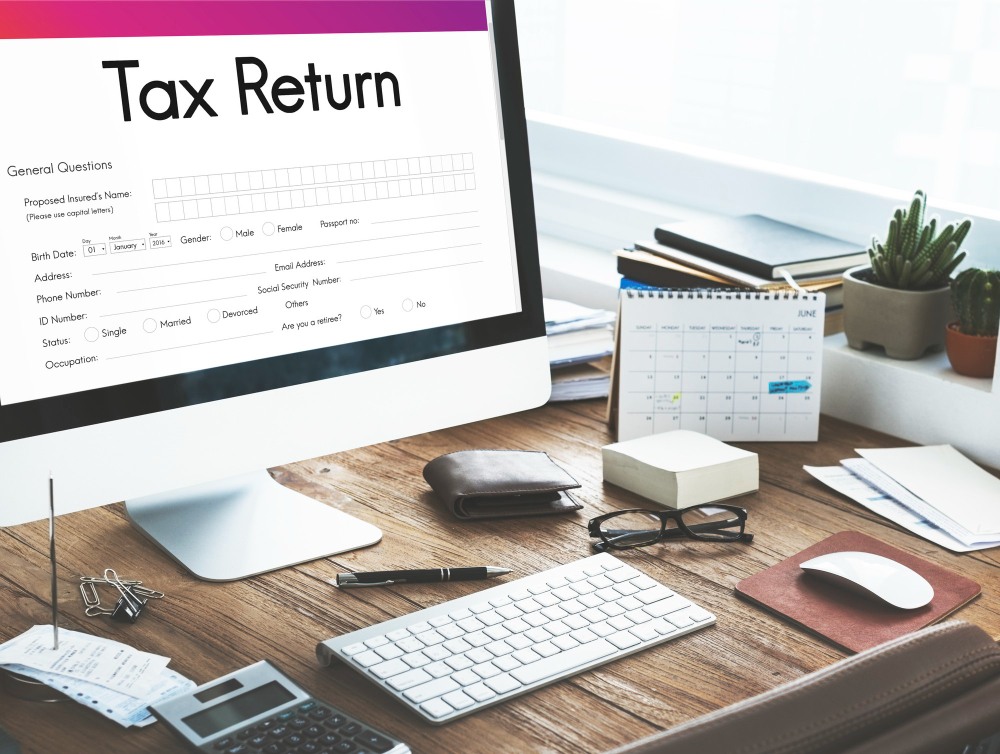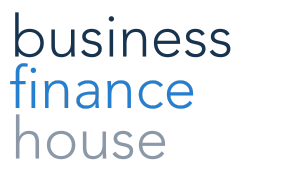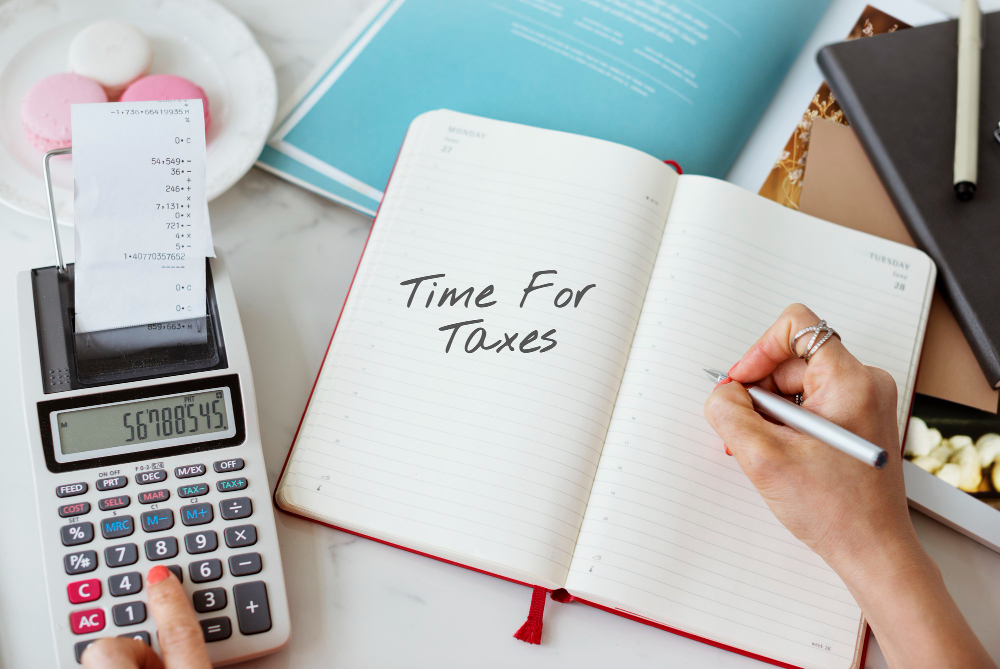Planning ahead for your self assessment tax return can save you time, stress, and money. By getting organised and understanding the key steps, you can guarantee a smooth and hassle-free filing process. In this blog, we will walk you through the essential steps to prepare for your self assessment tax return, helping you avoid common pitfalls and make the most of allowable deductions.
Know the Deadlines
Knowing the deadlines for your self assessment tax return is crucial to avoid penalties and interest on late payments. Here are the key dates to remember:
- Registering for Self Assessment: If you’re filing for the first time, you must register by 5th October following the end of the tax year you need to file for.
- Paper Tax Returns: The deadline for paper returns is 31st October.
- Online Tax Returns: The deadline for online submissions is 31st January.
- Payment of Tax Due: Any tax owed must also be paid by 31st January.
Mark these dates in your calendar to make sure you don’t miss any deadlines.
Organise Your Financial Records
Keeping accurate and organised financial records is essential for a smooth self assessment process. Here’s what you need:
- Income Records: Keep track of all sources of income, including employment, self-employment, rental income, and investment earnings.
- Expense Records: Document all business-related expenses. Common expenses include office supplies, travel costs, and professional fees.
- Receipts and Invoices: Maintain digital or physical copies of all receipts and invoices.
Consider using accounting software like QuickBooks or Xero to streamline your record-keeping process.
Understand Allowable Expenses and Deductions
Knowing which expenses are deductible can significantly reduce your tax bill. Here are some common allowable expenses:
- Office Supplies: Items like stationery, printer ink, and computer software.
- Travel Expenses: Costs for business travel, including mileage, public transport, and accommodation.
- Professional Fees: Costs for hiring accountants, solicitors, or consultants.
Keep detailed records and receipts for all expenses you plan to claim.

Estimate Your Tax Liability
Estimating your tax liability ahead of time can help you avoid surprises and plan your finances better. Here’s a simple way to estimate your tax:
- Calculate your total income.
- Subtract allowable expenses and deductions to determine your taxable income.
- Apply the appropriate tax rates to your taxable income.
By estimating your tax liability, you can set aside the necessary funds throughout the year.
Set Aside Money for Taxes
To avoid a last-minute scramble, set aside a portion of your income for taxes throughout the year. A good rule of thumb is to save around 25-30% of your income. You can:
- Open a dedicated savings account for tax savings.
- Set up automatic transfers to this account each month.
Having the funds ready when your tax bill is due will make the process much less stressful.
Seek Professional Advice
If you’re unsure about any aspect of your self assessment tax return, consider consulting a tax advisor or accountant. They can provide valuable advice, help you maximise deductions, and ensure you’re compliant with HMRC regulations. Look for a reputable professional with experience in handling self assessment tax returns.
Use Technology to Your Advantage
Technology can simplify the self assessment tax return process. Here are some tools and software that can help:
- Accounting Software: QuickBooks, Xero, and FreeAgent are popular options that can help you manage your finances and generate reports.
- HMRC’s Online Services: Use HMRC’s online portal to file your tax return, check deadlines, and make payments.
Leveraging these tools can save you time and reduce the risk of errors.
Stay Updated on Tax Laws and Changes
Tax laws and regulations can change frequently, so it’s important to stay informed. Follow reliable sources such as HMRC’s website or sign up for newsletters from trusted tax advisory services. Being aware of the latest changes can help you avoid surprises and take advantage of new deductions or credits.
By taking these steps, you can confidently approach your next self assessment tax return and avoid any last-minute headaches. Start preparing early, and you’ll find that filing your self assessment tax return can be a straightforward and manageable task.
At Business Finance House, we specialise in providing customised financial solutions to help your business grow and thrive. Contact us today to explore the best options for your business needs.





